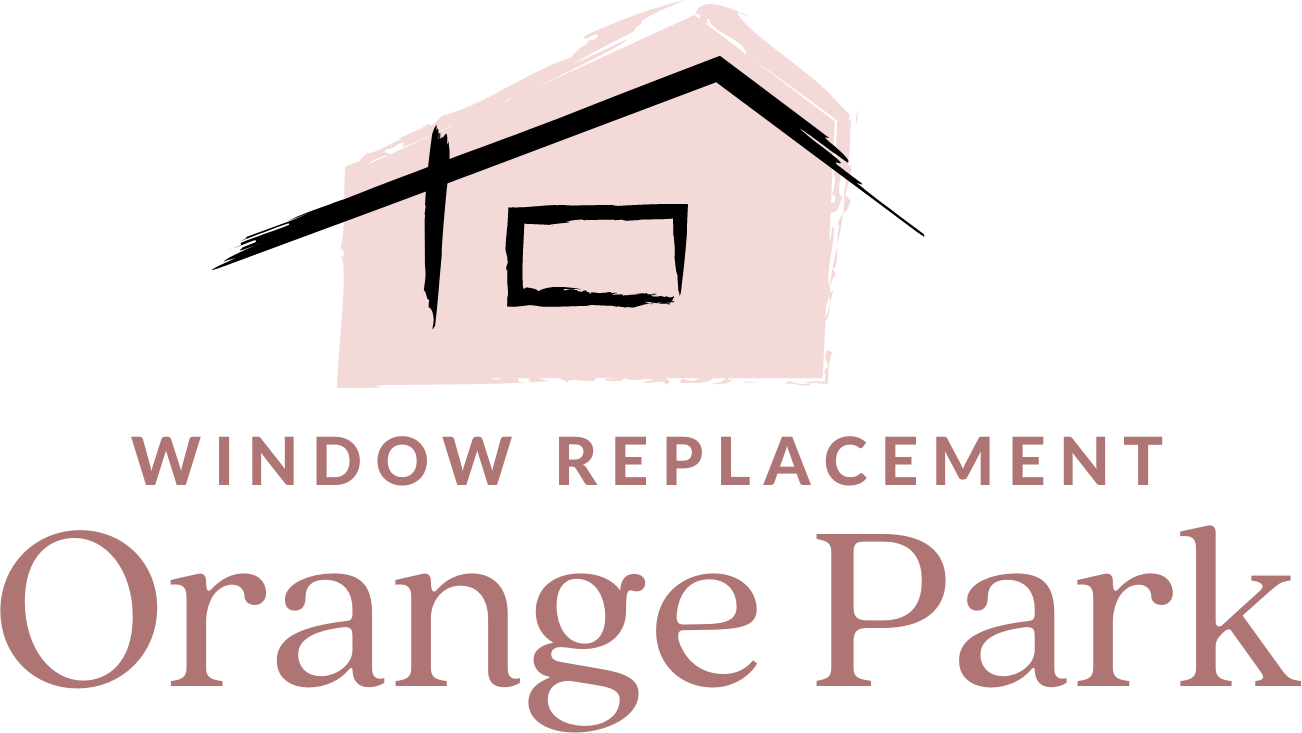
Ensure your home is protected from Florida’s climate with energy-efficient windows. They will lower your air conditioner’s workload and protect your carpets, draperies, and furniture from fading due to UV rays.
Choose a window company that has years of local experience and long warranties for products, parts, and labor. They will be more familiar with the area’s climate and homeowner needs.
Impact Windows
Hurricanes are common occurrences along the Florida coast, and homeowners should consider installing impact windows to protect their property from debris flying during storms. These windows are able to withstand debris being thrown at the window from a nearby tree or even a passing airplane, making them a great investment for residents of Florida.
In addition to protecting homes from flying debris during storms, these windows are also energy efficient and help lower utility bills. The glass is laminated to increase its strength, so it can withstand a direct hit from a piece of debris moving at high speeds.
When choosing a company for window installation, check to make sure they have a residential, glazing, or general contractor’s license. Also, ensure they use ENERGY STAR qualified windows, which are guaranteed to reduce energy bills by up to 12% in the home. The ENERGY STAR label is awarded to products that meet certain criteria, including low-e coatings and argon gas filled-chambers.
Double-Hung Windows
Double hung windows are traditional and stylish. They come in a variety of sizes and combinations that can suit any architectural style. They are easy to clean and offer improved ventilation. This type of window is also popular in multi-story homes. They allow warm air to escape from the top while letting cool air into the bottom, increasing comfort.
However, they aren’t as energy-efficient as other styles of windows. This is because they have two operable sashes that open and close, leaving a gap between the sashes. This can reduce their efficiency and cause air leaks.
A professional window installer can help with the installation process to ensure that your windows are properly sized, sealed, insulated, and secured. They will also work with you to choose the best options for your home. Look for a company with a good reputation and long warranties. They should also have experience preparing homes for the local climate. They will use high-quality materials and install them in accordance with industry standards.
Awning Windows
Known for their ability to be left open even during rain, awning windows can improve airflow and work well with both contemporary and traditional style homes. They are a good choice for smaller window openings and are a more energy efficient alternative to sliding and double hung windows.
These windows open outward from a hinge mounted at the top of the frame and are often screened on both sides to prevent debris from entering your home. Awning windows are a good choice for areas of the home that would benefit from additional ventilation or light, such as bathrooms, kitchens and bedrooms.
These windows are also a great complement to bay and picture windows. They can be installed in a variety of sizes and styles, including single- or double-hung and with horizontal or specialty-shaped glass. Clear glass is a popular option that provides an unobstructed view, but tinted glass reduces glare and adds privacy. Triple pane or Energy Star-rated windows can offer added insulation and year-round energy savings.
Casement Windows
If you’re building a new home in a revival style, or you need replacement windows for an older home with historic details, casement windows are the perfect choice. They have an angled opening that allows for improved ventilation while catching side breezes and directing them into the house. Plus, they’re easier to clean than other window styles because you can easily access the outside of the glass.
You can choose from a variety of frame materials for your casement windows, including wood, aluminum and vinyl. Each material has unique benefits for your home’s aesthetic and energy efficiency goals.
Unlike sliding sash windows, casement windows can only be opened by turning the crank. This makes them more difficult to break into than double-hung windows that can be opened with a simple latch. They’re also designed with window A/C units in mind, so you don’t have to worry about the outer sash interfering with your unit’s air intake.
